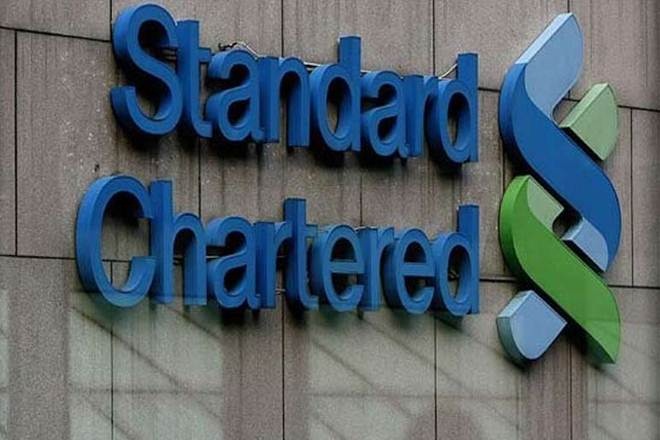Standard Chartered re-assures clients
Standard Chartered on Tuesday assured its clients of safety of their deposits as it transitions
out of the Zimbabwean market after more than 130 years of operations.
The bank, which had already scaled down operations to just two branches, announced its
exit from Zimbabwe last week.
Standard Chartered is leaving Zimbabwe, along with a number of other countries around the world, including Angola, Cameroon, Gambia, Jordan, Lebanon, and Sierra Leone to cut costs.
It will also close its retail banking units in Tanzania and Ivory Coast, to focus only on corporate banking.
Standard Chartered Bank Zimbabwe acting head consumer, private and business banking, Protasius Jokonya, said the bank was committed to managing the exit process to minimise any disruption to clients.
“Please be assured that we will continue to serve you as usual during the transition. Your deposits and monies remain safe, and you can continue to perform banking transactions as per normal,” he said in a message to clients.
“We will continue to update you on any relevant developments during the transition.” Announcing the exit last week, Standard Chartered Group CEO, Bill Winters, said the bank was shifting focus to simplifying its business.
“As we set out earlier in the year, we are sharpening our focus on the most significant opportunities for growth while also simplifying our business,” he said.
The markets that will be closed generated around one percent of Standard Chartered’s total group 2021 income and a similar proportion of profit before tax.
Standard Chartered is the oldest financial institution in the country, having first set up in 1892 as Standard Bank in Bulawayo.
In 1969, the bank was formed from the merger of Standard Bank and Chartered Bank. It was fully incorporated in Zimbabwe in 1983.
Standard Chartered is among a few oldest banks that appeared to have lacked confident on smaller economies and whenever the countries experienced some shocked, they were the first to exit.
In Zimbabwe, Standard Chartered was among the first bank to close and exit smaller towns on the pinnacle of the land reform programme in 1999.
The bank has always been risk averse and in Zimbabwe it failed to innovate and evolve with the economic revolution in the country, resulting in it failing to secure a home in the country.
The impacts of Covid-19 and the digital revolution caught many procrastinators flat footed and the majority of them like Standard Chartered had no choice but to exit some economies they felt were risky.-ebusinessweekly









